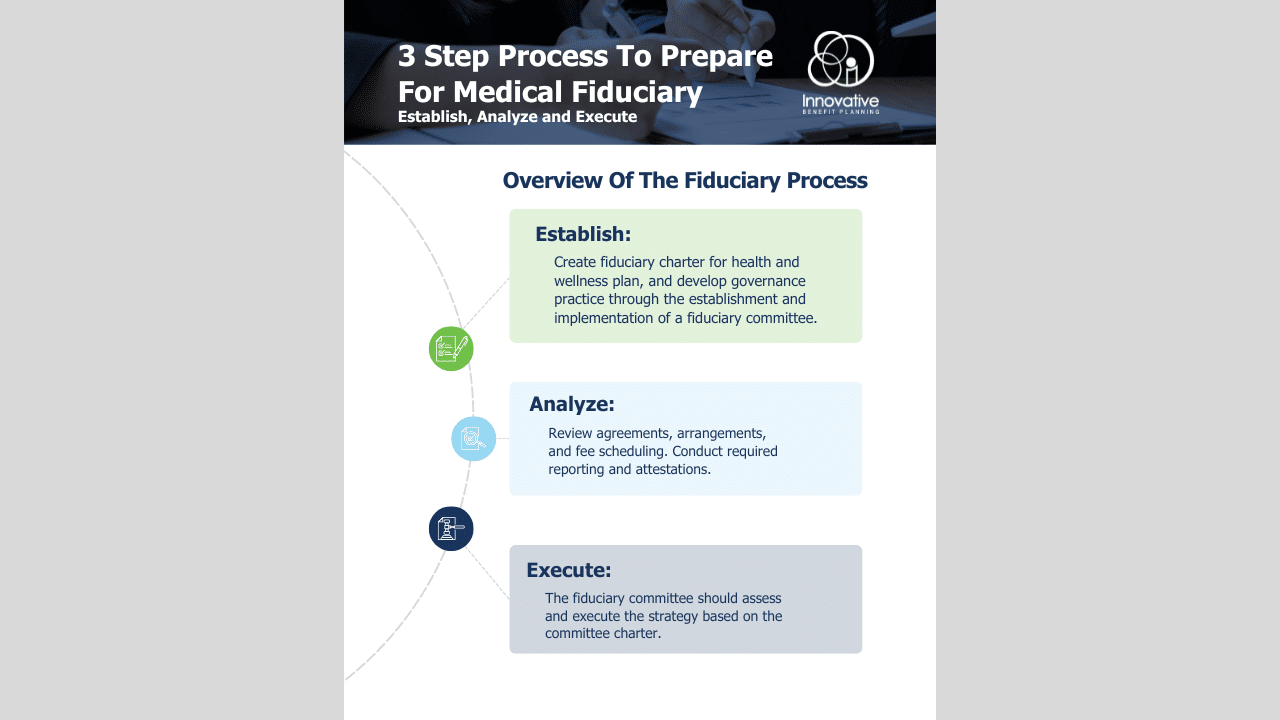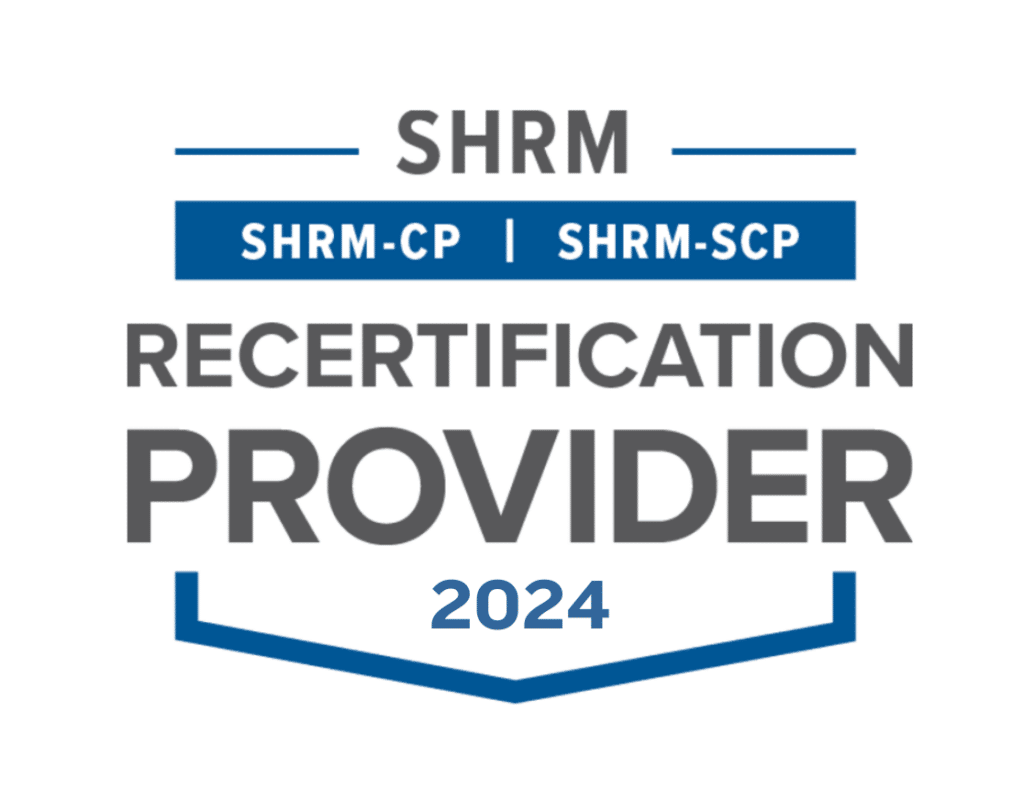The IRS on Wednesday provided regulatory relief for health care flexible spending account (FSA) participants and also said it is reconsidering its longtime use-it-or-lose-it rule for FSAs.
Employer benefits lobbying groups, including the American Benefits Council (ABC) had complained that the new $2,500 annual limit set to go into effect on January 1, 2013 would effectively force noncalendar-year plans to comply with the rule before the statutory effective date. For example, an employee in an FSA with a fiscal year that begins on July 1, 2012, elected to contribute $3,600 during that plan year, making contributions of $300 a month from July 1, 2012, through June 30, 2013. If the employee elects to contribute $2,500 for the next plan year starting July 1, 2013, the employee would violate the $2,500 annual limitation for 2013, the ABC noted, because the employee would have contributed $300 a month for the first six months of 2013 and $208.33 for the last six months of 2013 (a total of $3,050 during 2013).
In Notice 2012-40, the IRS said participants in noncalendar-year plans can still make the maximum contributions to their FSAs during the first year that a mandated FSA contribution cutback goes into effect under the health care reform law.
In addition, the IRS made clear that amounts that remain in so-called grace period FSAs can be rolled over to the next year without those funds counting against the $2,500 limit. Grace period FSAs — allowed by the IRS under a 2005 rule — are those in which unused balances from the prior plan year can be used to pay expenses that are incurred during the first 2.5 months of the next plan year.
The guidance also addresses plan grace periods and provides relief for “certain salary reduction contributions exceeding the $2,500 limit that are due to a reasonable mistake and not willful neglect and that are corrected by the employer.” Further, the notice clearly establishes that the limit in PPACA does not does not apply to certain employer nonelective contributions (sometimes called flex credits), nor does it apply to non-healthcare FSA contributions, HSAs, HRAs or health plan premium payments made under a Section 125 plan.
Finally, in a development that stunned benefit experts, the IRS also disclosed that it considering “modifying” its 28-year-old use-it-or-lose-it rule. If use it or lose it were eliminated, FSAs would become even more popular. The fear of losing unused contributions is a disincentive for some employees to participate, and others contribute less than they would in the absence of the requirement, experts said.











